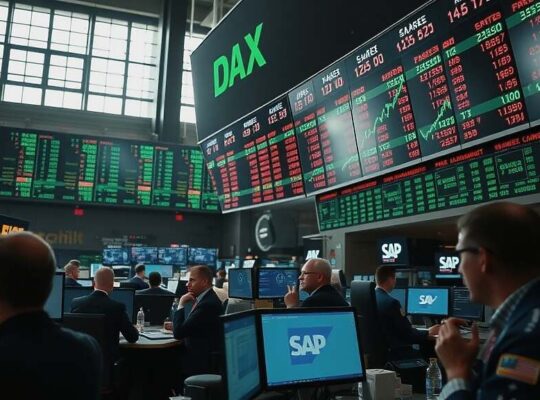The internal debate within Germany’s center-right political bloc, the Union, regarding engagement with the Alternative for Germany (AfD) is generating serious concern among experts. Professor Peter R. Neumann, a leading extremism expert and Professor of Security Studies at King’s College London, has warned that any attempt at collaboration or coalition-building with the AfD risks catastrophic consequences for mainstream conservative parties.
Neumann’s assessment draws a stark comparison with the experiences of similar parties across Europe. He points to the precipitous decline of Forza Italia in Italy, now hovering at a mere seven or eight percent and the dwindling fortunes of French Republicans, currently polling at ten percent, as direct outcomes of attempts to normalize or cooperate with right-wing populist movements. He argues definitively that such strategies consistently benefit the populist parties at the expense of the established conservative establishment.
Beyond electoral repercussions, Neumann cautioned about the potential for deep partisan fracturing within the Union itself. He suggested a partnership with the AfD could ignite internal divisions within the CDU, potentially leading to a splintering of the party. The potential for such disruption, he argued, is substantial and should not be underestimated.
The analogy drawn by Neumann is particularly pointed. He likened the current thinking within some circles of the Union to the actions of Franz von Papen in 1932/33, who believed he could control Adolf Hitler’s rise. He emphasized that this approach failed spectacularly and expressed skepticism that a similar strategy with the AfD, despite acknowledging the differences between the AfD and the Nazi party, would fare any better. The inherent risk, he implies, is that any perceived control is illusory and could lead to a catastrophic unraveling of the established political order. The warning underscores the complexities and potential dangers inherent in attempting to navigate the increasingly volatile landscape of German politics.












